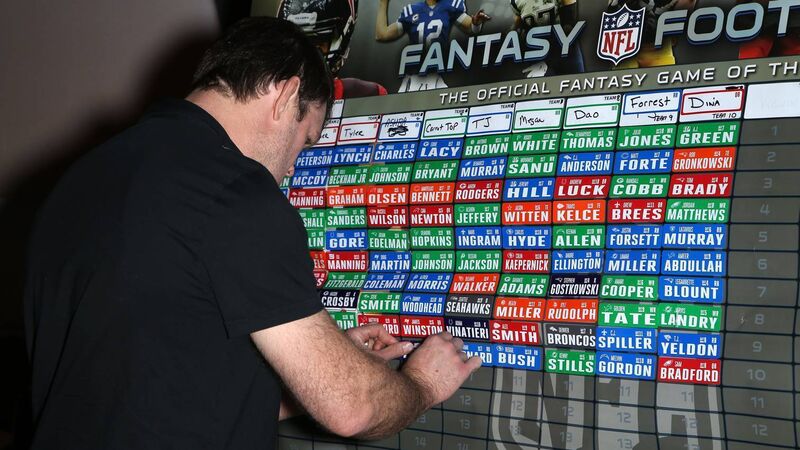Paul Rouse: Is this the real life? Or are these leagues just a fantasy?

Fantasy Sports League are now a multi billion dollar global industry
Try from €1.50 / week
SUBSCRIBE
Fantasy Sports League are now a multi billion dollar global industry
One of the features of the opening of the new soccer season in England is the return of the Fantasy Premier League Game.
This is a competition — “the biggest Fantasy Football Game in the world” — in which over 8m players pick a squad of 15 soccer players from across the 20 teams in the Premier League. This is one person’s dream team.
Already a subscriber? Sign in
You have reached your article limit.
Annual €130 €80
Best value
Monthly €12€6 / month
Introductory offers for new customers. Annual billed once for first year. Renews at €130. Monthly initial discount (first 3 months) billed monthly, then €12 a month. Ts&Cs apply.
Newsletter
Latest news from the world of sport, along with the best in opinion from our outstanding team of sports writers. and reporters
Newsletter
Latest news from the world of sport, along with the best in opinion from our outstanding team of sports writers. and reporters
Monday, February 9, 2026 - 5:00 PM
Monday, February 9, 2026 - 5:00 PM
Monday, February 9, 2026 - 6:00 PM
© Examiner Echo Group Limited